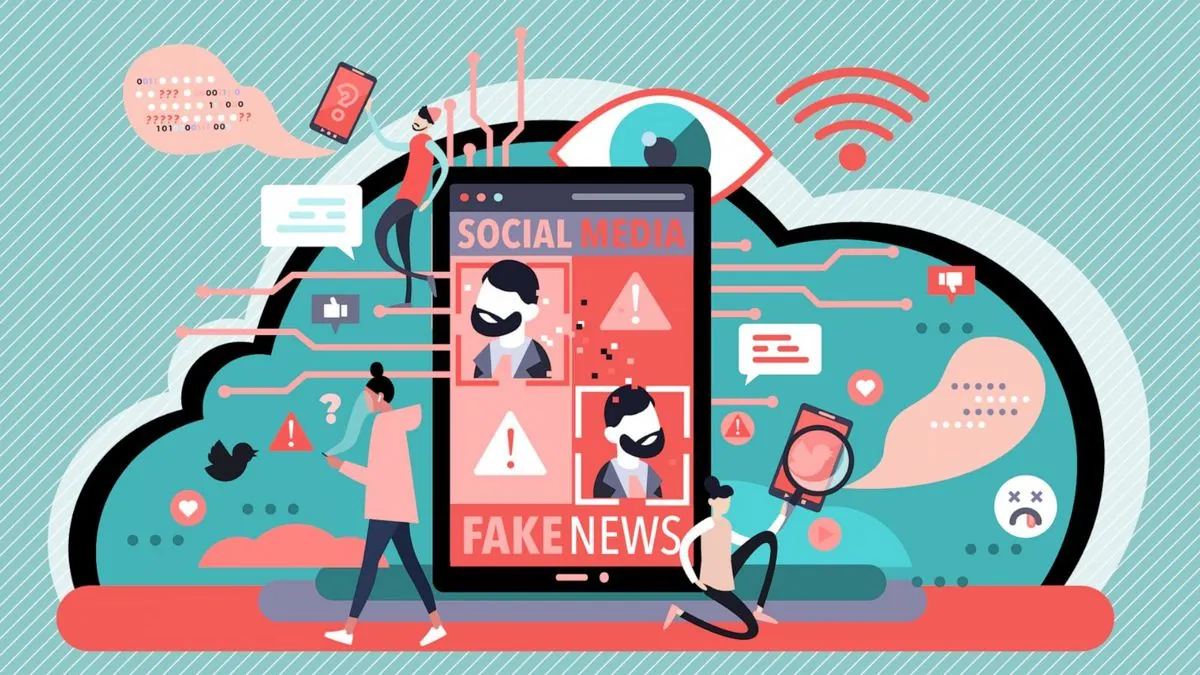U.S. Faces Unprecedented Cyber Threats as 2024 Election Nears
With the U.S. presidential election approaching, foreign adversaries intensify cyber attacks and disinformation campaigns. Officials and tech leaders warn of complex threats from Russia, China, and Iran targeting candidates and democratic processes.

As the United States approaches its presidential election on November 5, 2024, the nation faces an unprecedented level of cyber threats from foreign adversaries. Recent developments have highlighted the intensifying efforts of Russia, China, and Iran to interfere with or disrupt the electoral process, prompting heightened concern among U.S. officials and technology executives.
Russia has shifted its focus to targeting Vice President Kamala Harris's campaign, according to a report released by Microsoft on September 17, 2024. The tech giant revealed that Russian cyber groups have been disseminating fabricated videos, including one falsely depicting a Harris supporter assaulting an attendee at a Donald Trump rally. Another deceptive video, spread through a counterfeit San Francisco news outlet, falsely accused Harris of involvement in a hit-and-run incident.

In response to these threats, the U.S. government has taken decisive action. Earlier this month, the Biden administration imposed sanctions on Russian state-run media outlets, including Russia Today (RT), for their role in undermining confidence in U.S. electoral processes. Antony Blinken, the Secretary of State, disclosed that RT has developed cyber capabilities directly linked to Russian intelligence services.
"We urge every ally, every partner to start by treating RT's activities as they do other intelligence activities by Russia within their borders."
The Federal Bureau of Investigation (FBI) has also made significant strides in countering cyber threats. On September 18, 2024, Christopher Wray, the FBI Director, announced the successful takedown of a Chinese botnet. This network of compromised computers, allegedly controlled by hackers working under the Chinese government's direction, had infiltrated hundreds of thousands of internet-connected devices across the United States.
Iran, the third major cyber adversary, has intensified its efforts to interfere in the 2024 election. A joint statement by the FBI, the Office of the Director of National Intelligence, and the Cybersecurity and Infrastructure Security Agency revealed that Iranian hackers had breached Trump's campaign and shared stolen, non-public material with individuals associated with Harris's campaign.
The complexity of the threat landscape for the 2024 election cycle is unprecedented. Cait Conley, a senior advisor for CISA, emphasized that foreign actors are attempting to undermine Americans' confidence in democratic institutions and sow partisan discord. This sentiment was echoed by Brad Smith, Microsoft's president, who testified before the Senate Intelligence Committee, highlighting the unique challenges posed by foreign interference in the upcoming election.
As the United States confronts these multifaceted cyber threats, the collaboration between government agencies, technology companies, and cybersecurity experts becomes increasingly crucial. The nation's ability to safeguard its democratic processes against sophisticated foreign interference will be put to the test in the coming weeks leading up to Election Day.


































